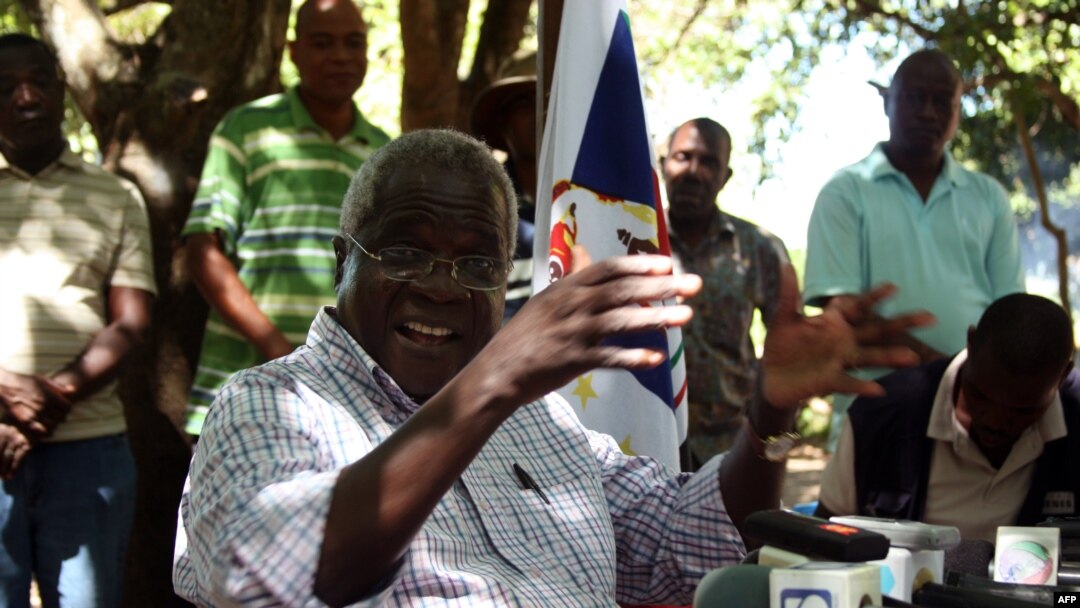The leader of Mozambique's Renamo opposition party and rebel movement said Thursday that he was extending a cease-fire indefinitely, part of an agreement reached in talks with the government to end violence since a disputed 2014 election.
Renamo and the ruling Frelimo party fought on opposing sides of a civil war from 1976 to 1992 in which a million people died before a peace accord ended the fighting.
But fighting has sporadically flared since Renamo challenged results of the southern African nation's 2014 elections. Till now, Renamo had renewed the cease-fire each 60 days during peace talks. Thursday was the latest deadline.
"This truce will be different from those we announced in the past. I am now declaring a truce without deadline," Renamo leader Afonso Dhlakama told reporters during a conference call from his hideout in the Gorongosa area of central Mozambique.
A long-term deal would strengthen President Filipe Nyusi's position before a conference of the Frelimo party in September at which he is expected to be re-elected leader despite a high-profile debt scandal hanging over him.
Complaints from businesses
Dhlakama said businesses had complained about insecurity and the difficulty of working with looming cease-fire deadlines. "They were apprehensive about what would happen after 60 days. Peace is beginning and it will be an effective peace," Dhlakama said.
Beginning Monday, troops from Renamo's militia will start leaving positions around the mountains of Gorongosa, where Dhlakama has been holed up since fleeing a siege in the port city of Beira, and all troops will be gone by June, he said.
Dhlakama said progress in peace talks was slow but had been progressing. "I believe, I am motivated, that things will end well," he said of the talks.
Issues still being discussed include plans to decentralize powers, constitutional reforms to allow provincial governors to be elected and reintegrating Renamo's staff into the police and army.
Renamo wants governors to be elected in 2019, seeing it as a chance to rule areas where it has popular backing.



